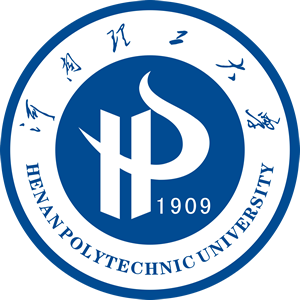
地址: 河南省焦作市高新区世纪路2001号[454000] Tel: 0391-3987069 E-mail: zkxb@hpu.edu.cn,skxb@hpu.edu.cn |

请您访问
|

社会科学版
|
| 供稿: 王志军 | 时间: 2018-12-19 | 次数: |
作者:王志军
作者单位:河南理工大学外国语学院
摘要:随着我国经济社会的快速发展变化,汉语新词大量涌现。日本作为我们的近邻和汉字文化圈国家,其对汉语新词在整个汉语国际传播视野中的译介现状有着特殊意义。本文以近年来日本出版的有代表性、有影响力的三部汉日新词词典为考察对象,考察了汉语新词进入日本社会的基本现状。词条选取存在收录旧有词汇、收录生僻音译词、收录港澳台方言词、收录不当专有名词等问题;词条翻译存在舶来品回译不到位、释义臃肿冗余、隐含成分未能译出、文化差异未予重视、目的语掌握不足、涉华政治词语处理不当、源语理解不准等问题。
基金:教育部人文社科一般项目(10YJA740096);河南理工大学年青年骨干教师资助计划(2010-24);
DOI:10.16698/j.hpu(social.sciences).1673-9779.2013.03.011
分类号:H36
Abstract:With the rapid development of economy and society in China, a large number of Chinese neologisms have sprung up since we followed the policy of reform and opening up. As China's neighbor and a country of Chinese cultural circle, Japan plays a vital role in Chinese neologisms Translation status quo in the Vision of Chinese international spread. In the present paper, the author studies on the situation of Chinese neologisms in the Japanese society through investigating three representative and influential Chinese-Japanese Neologisms Dictionaries published in Japan recently. The results show that entries in these dictionaries have some problems, that is, many old vocabularies, rare transliteration words, Hong Kong, Macao and Taiwan dialect words, improper terminology are selected in Chinese-Japanese Neologism Dictionaries; while the problem of neologism translation is as follows: improper translation of borrowed words, redundant interpretation of words, failed to translate the implied meaning, less attention is paid to the cultural differences, superficial understanding of target language, improper translation of China-related political words, wrong understanding of the source language, etc.